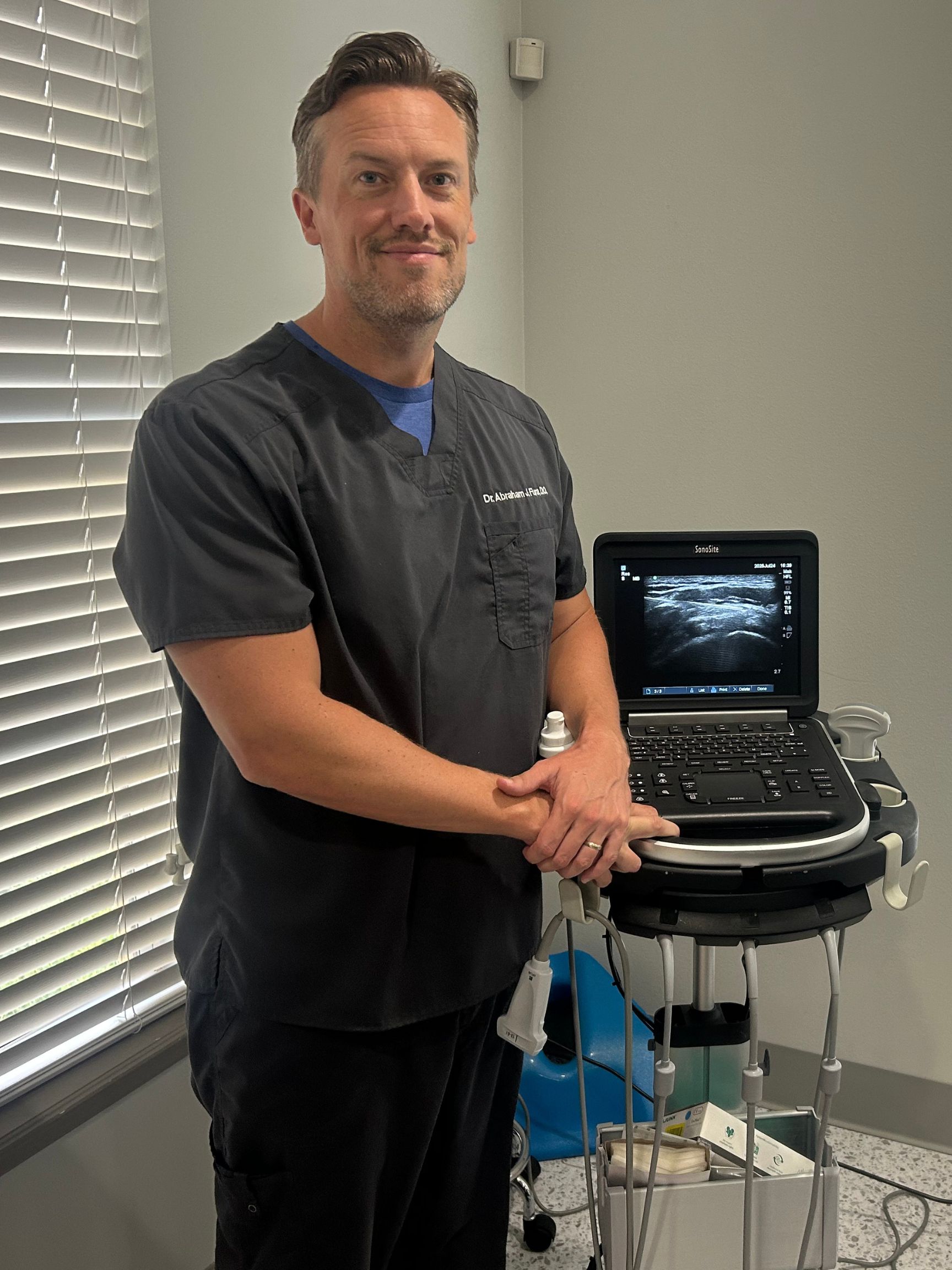
POST-ACCIDENT CARE
Motor vehicle accidents, even low-speed collisions, can cause a wide range of complex injuries to the spine, nerves, and soft tissues. The sudden forces exerted on the body can lead to conditions like whiplash, herniated discs, and pinched nerves. Crucially, the adrenaline from an accident can mask initial pain, with many symptoms only appearing days or even weeks later. Seeking a prompt and thorough medical evaluation is essential to identify all injuries, prevent long-term complications, and ensure you receive the appropriate care for a full recovery.

INJURY TYPES
The immense forces involved in a collision—acceleration, deceleration, and impact—can cause a variety of injuries, particularly to the delicate structures of the spine, neck, and joints.
A rapid, forceful back-and-forth movement of the neck, common in rear-end collisions. It damages the muscles, ligaments, and tendons in the neck and upper back.
The impact can cause the soft discs between your vertebrae to rupture or bulge, putting pressure on the spinal cord and surrounding nerves in the neck or lower back.
Herniated discs, inflammation, or spinal misalignment can compress spinal nerves, causing pain, numbness, or weakness that radiates down an arm or leg.
Knees hitting the dashboard, shoulders strained by a seatbelt, or wrists injured on the steering wheel can all result in painful sprains, strains, and deep bruises.

RECOGNIZING THE SIGNS
Do not ignore any new symptoms after an accident, even if they seem minor. Adrenaline can mask pain for hours or days, so it is vital to monitor how you feel.
The classic sign of whiplash. This can include sharp pain, muscle spasms, and difficulty turning your head from side to side.
Headaches that often start at the base of the skull are common after whiplash. You may also experience dizziness, vertigo, or difficulty concentrating.
Pain can occur anywhere in the back, from a dull ache to a sharp, stabbing sensation. This can indicate muscle strain, ligament sprain, or a disc injury.
Pain, tingling, or weakness that travels down your arm or leg (like sciatica) is a clear sign of nerve irritation and should be evaluated immediately.
Pain in the joints can result from bracing for impact or direct trauma, indicating potential sprains, tears, or bursitis.
Difficulty moving a joint through its full range due to pain, swelling, and muscle guarding is a common sign of an underlying injury.
If you've been in a motor vehicle accident, seeking immediate medical evaluation is the most important step you can take. Even if you feel fine, underlying injuries may be present. Contact the Spine and Nerve Center Riverview today for a comprehensive assessment to protect your health and well-being.